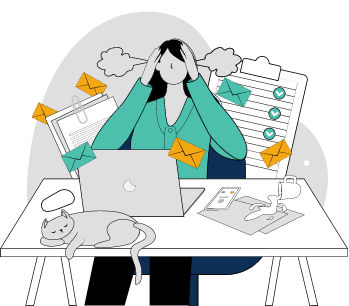Listen to this episode
On this episode
Have you ever felt stuck and wish you knew what to do next? Many people with high-stress jobs find themselves with competing priorities and too much to think about and do. You may have considered getting a coach, but what if you don’t have the time and resources? When you want to find clarity and be more happy and successful, know that you can actually do it yourself through self-coaching!
Dr. Karen Castille joins me in this episode to discuss her book on self-coaching. She shares powerful questions to ask yourself which will jumpstart your self-coaching journey. She also talks about the importance of developing this vital skill and crafting powerful life questions. Before we close the show, Karen gives her top tips for self-coaching.
Don’t miss this episode if you want to learn how you can find clarity and achieve success through self-coaching!
Show links
The Self-Coaching Workbook by Dr Karen Castille
Find out more about the Permission to Thrive CPD club for doctors here
Free to Focus by Michael Hyatt
Zen Tennis by Dr Joseph Parent
The Inner Game of Tennis by W. Timothy Gallway
The Coaching Habit by Michael Bungay Stanier
You Are Not A Frog Episode 54 with Dr Surina Chibber
Karen’s website
Reasons to listen
- Learn how self-coaching works and how you can fit it into your weekly schedule.
- Discover the power of crafting your own life questions.
- Find out why getting advice from other people often doesn’t work










